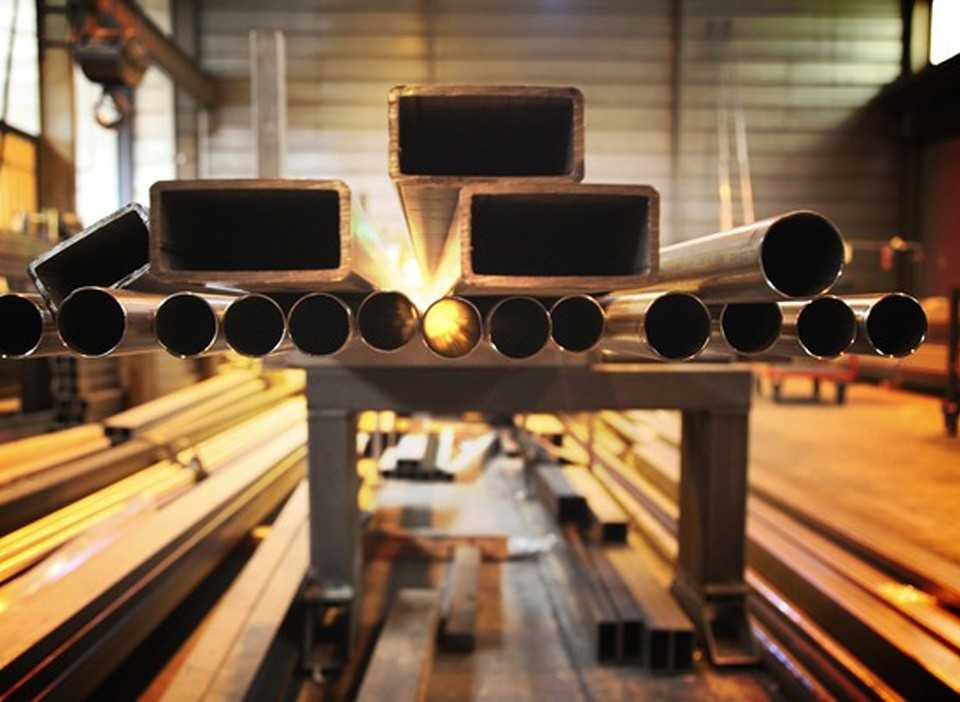
Ethiopia’s steel industry is poised for significant growth as the country embarks on massive infrastructural developments to modernize its economy. In a recent exclusive interview with CNBC Africa, Bhavesh Chandaria, CEO of Ethiopian Steel PLC, shared insights into the industry’s current state and future prospects. The last few years have been challenging due to global headwinds such as the COVID-19 pandemic and conflicts like the one in Ukraine, posing unexpected obstacles for various sectors, including steel. However, Ethiopia has swiftly resolved internal issues and is now experiencing a resurgence, especially in the northern region where reconstruction efforts are underway. Despite these challenges, Ethiopia boasts existing capacities and infrastructure, setting it apart from other nations. The key challenge lies in maximizing plant operations to reach ideal capacity levels, which remains a current hurdle. Chandaria highlighted the resilience of the Ethiopian market and discussed the investment climate and opportunities for steel business growth. He emphasized the recent privatization of the sugar sector as a positive signal for investor confidence, signaling a gradual recovery from recent setbacks. Chandaria mentioned the need for access to hard currency for raw materials and the impact of global events like the Ukraine crisis on Ethiopia’s economy. Additionally, he outlined the strategic roadmap of Saffol Group, the parent company of Ethiopian Steel PLC, focusing on expanding Africa-based manufacturing and enhancing value addition within the continent. Chandaria expressed the group’s commitment to Ethiopia while monitoring current capacities and raw material access before considering further expansion. The ongoing Russia-Ukraine conflict, while significant globally, has not had a major impact on Ethiopia’s steel sector. Chandaria stressed the importance of developing regional industry clusters to mitigate disruptions and build a sustainable steel ecosystem across Africa. He lauded the African Continental Free Trade Area (AfCFTA) as a catalyst for enhanced intra-Africa trade, advocating for near-shoring strategies and regional market integration to optimize business operations and support local economies. Chandaria urged policymakers to facilitate seamless trade within regional blocks and address industry concerns to foster growth and competitiveness. As Africa transitions towards increased trade cooperation, industry leaders like Chandaria are optimistic about the region’s manufacturing potential and the opportunities presented by deeper regional integration.
-
Previous Post
Metal & Engineering Industries In Ethiopia are Expanding





